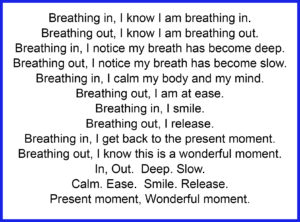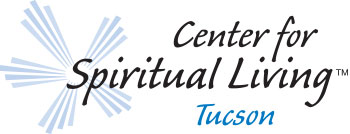The Value of Contemplation in Modern Life
In 2000, I had the privilege of taking a two-week trip through the ancient sacred sites of Ireland as part of a tour group. We had a tremendous guide named Mark who was well versed in the lore, fact and fiction of pre-historic religious sites as well as the early Christian sites. One of the sites that caught my imagination was Skellig Michael, a medieval (6th and 8th centuries C.E.) monastery and hermitage. Legend has it that the sacred and secular literature of Europe was saved during the Dark Ages by the monks who collected, preserved and protected those writings which had been brought to them for preservation while Europe was in turmoil. Thomas Cahill’s How the Irish Saved Civilization expresses that point of view. While some critics doubt the accuracy of his proposition, there probably is some merit in the idea that those individuals did indeed protect knowledge that could have been lost during the time when Europe was not valuing education and learning as much as they might have previously.
Typical functions of a monastic community include prayer, worship, service and contemplation. So what is this thing called contemplation? Thich Nhat Hanh’s  mindfulness meditation practice (in box to right) is a gentle and generous example of a contemplative practice that is centered in the body. Father Richard Rohr makes it a larger practice when he says, “Everything you do is connected in loving union with the moment, with whatever is in front of you. That’s contemplation.” So, how can this translate in modern life?
mindfulness meditation practice (in box to right) is a gentle and generous example of a contemplative practice that is centered in the body. Father Richard Rohr makes it a larger practice when he says, “Everything you do is connected in loving union with the moment, with whatever is in front of you. That’s contemplation.” So, how can this translate in modern life?
In his poem “If” Rudyard Kipling wrote, “If you can keep your head when all about you are losing theirs and blaming it on you, If you can trust yourself when all men doubt you, But make allowance for their doubting too. If you can wait and not be tired by waiting, Or being lied about, don’t deal in lies, Or being hated, don’t give way to hating…” His concluding couplet, “Yours is the Earth and everything that’s in it, And—which is more—you’ll be a Man, my son!”, has more to do with recognizing how much we each are responsible for our point of view in our world than it has to do with any specific gender reference.
One of the best ways we have to maintain our mental, emotional and spiritual autonomy “when all about you are losing their (heads)” is by remembering that we get to decide what to focus on, and how we choose to pay attention to our lives. This is far from a simple challenge, simply because of the extremes present in the external world today. Marcus Aurelius wrote, “You have power over your mind—not outside events. Realize this, and you will find strength.” When we repeatedly remember that we have control over our focus, we have an opportunity to see our world, not as a made-up, imaginary fantasyland, but from the point of view of the wholeness that it actually expresses.
Holmes, in The Science of Mind 200.4-201.1, wrote, “… is an experience operating through people, which does not belong to them at all. Recognize that it is neither person, place, nor thing, that there is no spiritual law to support it, that it is discord fleeing before harmony, that there is nothing but the Truth.” With Thich Nhat Hanh’s gentle encouragement we can breathe, “deep, slow, calm, ease, smile, release”, and, regardless of external conditions, have the opportunity to continuously practice the contemplative prayer of “present moment, wonderful moment.” Breathing, smiling, and remembering the Truth, I move forward in my life.
–Rev Janis Farmer




